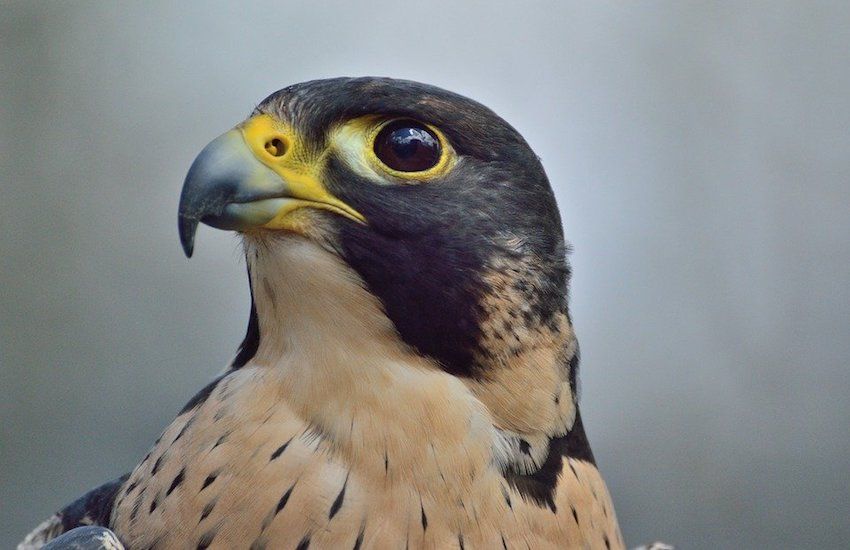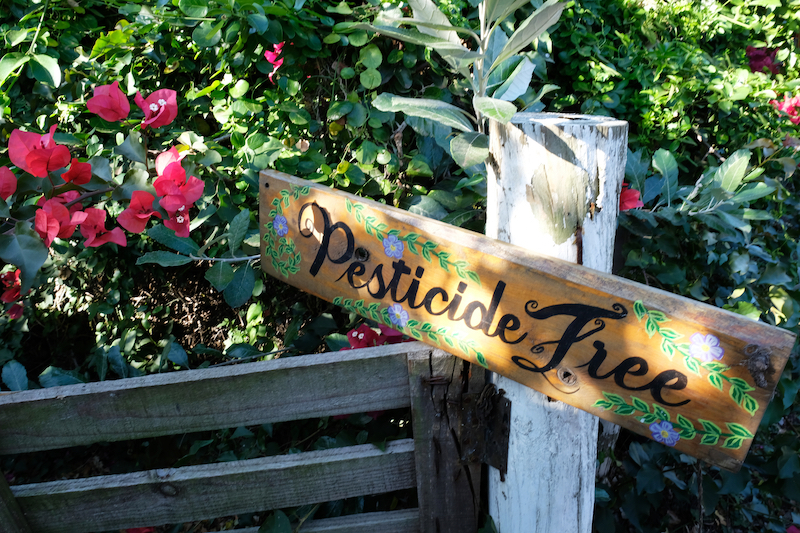

At least three peregrine falcons - often known as the 'king' of the birds of prey in the British Isles - have been found dead in the Channel Islands after consuming professional-use pesticides, some of which have been banned for almost a decade.
The unusual deaths have all occurred in the last 14 months in Guernsey, causing the island's States Veterinary Officer, David Chamberlain, to issue a warning about the use of harmful chemicals.
The post-mortem examinations on the three birds showed that they all consumed fatal doses of pesticides, with the results of a fourth death still pending.
Some of the chemicals found in their stomachs have been banned in Europe since 2012.
The first deaths were brought to the States Vet's attention back in April 2019, when two peregrine falcons were found dead next to one another. A further death was reported in February 2020 at a different location.

Pictured: The birds' deaths were caused by the use of pesticides.
The birds' autopsies proved that they had been in good health, but had died from an overdose of chemicals. All of the falcons also had historic evidence of gunshot damage.
"A further peregrine falcon was discovered in June this year and we are awaiting the results of the analysis of the stomach contents to confirm the cause of death," said Mr Chamberlain.
"Anyone using pesticides is advised that these chemical should only be applied under the conditions that are specified on the product. The Health & Safety Executive has confirmed that the pesticides that killed the falcons could only be purchased by qualified pest controllers, so they should not be available to members of the public as they represent a serious hazard to anyone who is not taking appropriate precaution when handling them.
"Any unused pesticide must also be disposed of appropriately."
Peregrine falcons are apex predators, meaning they are at the top of the food chain, and their presence can be used as an indication of the success of an area's food pyramid. A functioning food pyramid is a sign of a sustainable and wide range of indigenous species and is also an example of successful biodiversity.
It is thought the death of 'headline' apex predators could damage work across the Channel Islands to promote wide biodiversity and, in the longer term, wildlife tourism.
Comments
Comments on this story express the views of the commentator only, not Bailiwick Publishing. We are unable to guarantee the accuracy of any of those comments.